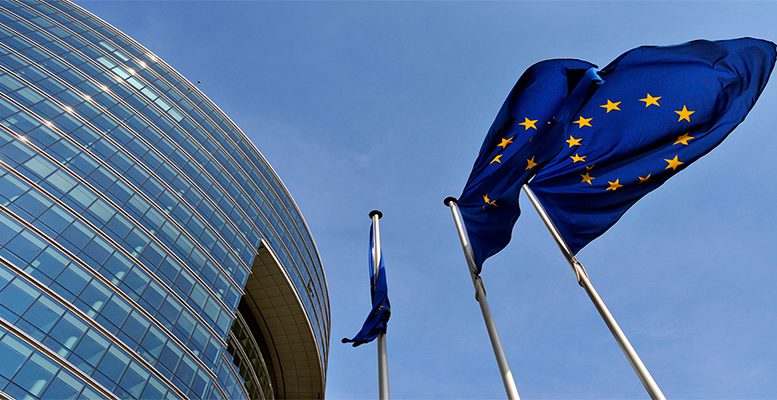An important day in Europe today. The European Commission (EC) will present its proposal for a post-coronavirus economic recovery plan. Ursula Von de Leyen, President of the Community Executive, will opt for a formula that combines non-reimbursable aid with financing through credits. It will seek to find a compromise between the demands of the countries most affected by the pandemic and those of the so-called frugal countries. The latter differ in their opinion on the re-imbursability of aid and on the issue of joint debt as a means of financing. The Commission’s objective is to achieve a compromise between both positions, which will allow both the recovery plan and the Multiannual Financial Framework for 2021-2017 to be approved as soon as possible.
In the meantime, the European Commission (EC) is seeking alternative financing formulas for this Reconstruction Fund. National contributions to the Community budget in the current period (2014-2020) are equivalent to 1.16% of the Member States’ GDP. Instead of countries putting more money from their national coffers into the European Budget, the EC plans to finance itself with new “green” taxes or taxes on companies benefitting from the European single market. Environmental taxes would include a new tax on plastics with which the EU estimates it could raise annual revenue of 7 billion euros. In this spirit of environmental protection, the EC is considering obtaining revenues following the reform of the C02 emissions market. In this market, emission allowances are bought and sold.With a new tax on pollutant emissions, the EC estimates it could obtain revenues of 10 billion euros. The EC is also considering a new tax on carbon-intensive industrial products coming from outside the European Union. Depending on how it is articulated, this tax could garner annual revenues of 5-14 billion euros for the EU. In addition to these environmental taxes, the EC is also considering imposing taxes on those companies that benefit from a single European market.
Pending today’s EC proposal on the Recovery Fund, the Bank of Spain is launching its own proposal. This is for a European Reconstruction Fund which, to be effective, should be between € 1Bn and €1.5B. In addition, it should be able to acquire sovereign debt from the various Member States and have minimum macro and fiscal conditionality. The Bank of Spain considers that Europe must provide a solidarity-based, rapid, lasting and sufficient response. Furthermore, the instrument designed should have sufficient funds to acquire Member States’ public debt. This would avoid an excessive increase in the financial burden and allow for a reactivation of their economies. In an environment of greater risk, the Bank of Spain sees the need for EU-backed debt, subject to certain stability requirements, both macro and fiscal. It also believes the funds should have a financing capacity of 8% of European GDP in 2020 and 2% in 2021. Debt issues should have a very long term benchmark, but with no reference to perpetuity. Finally, those countries which are most vulnerable should introduce a full agenda of structural reforms.





